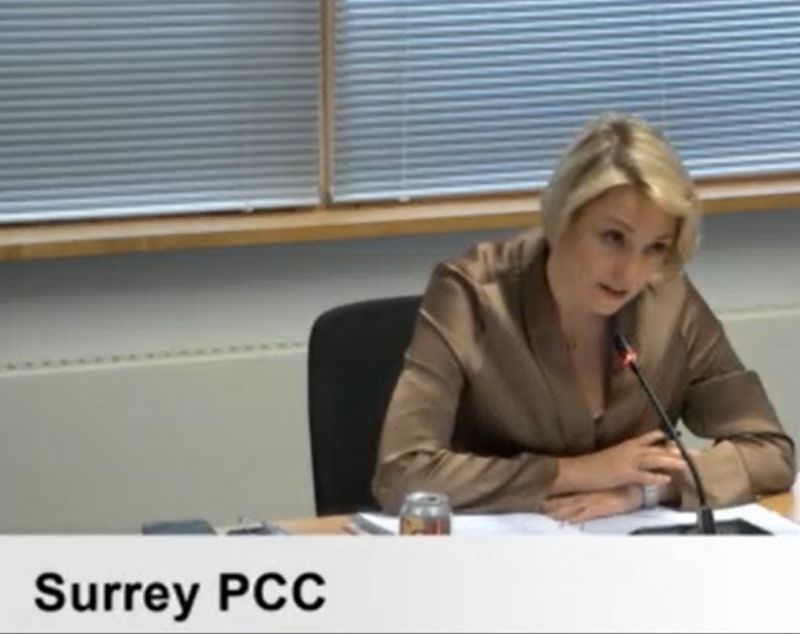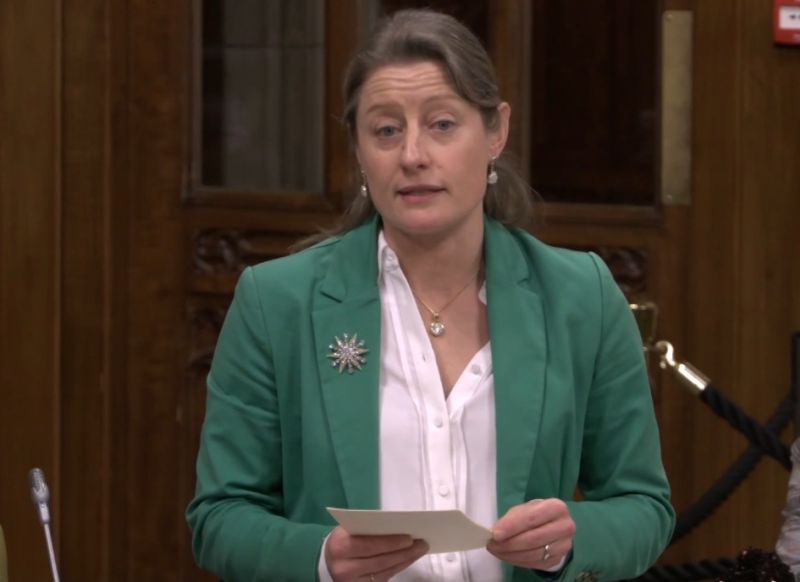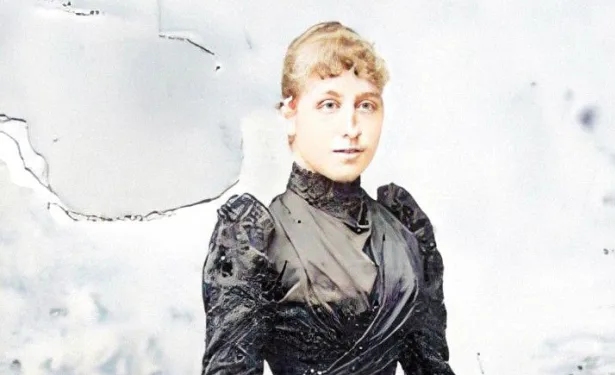From “Princess” to Pauper’s grave in Epsom
9000 patients of Epsom’s cluster of now closed psychiatric hospitals were buried between 1899 and 1955 in a now abandoned Cemetery. The Friends of Horton Cemetery are writing their life stories and seeking to reclaim the five neglected acres from a property speculator.
The Horton Cemetery is located between Horton Lane and Hook Road, Epsom.
On 10th October 2023 from 1.00pm The Mayor Cllr Robert Geleit (Labour Court Ward) and Mayoress of Epsom and Ewell will lead councillors, Aldermen of the Borough and the public in commemorating the lives of the 9000. The commemoration will begin beside the Horton Cemetery. Parking is open in the Hook Road Arena. Ceremonies will start at 1.00pm so the public is advised to park no later than 12.45 to allow time for the walk.
If you intend to attend the event you are requested to complete this simple online RSVP form.
If you are attending you should read the advice of The Friends of Horton Cemetery on the ground conditions and lengths of walks involved. Click HERE.
Here is a taster of just one of the hundreds of life stories written by the volunteer team of the Friends of Horton Cemetery charity. Steve Johnson, one of the research team leaders, delved into the extraordinary story of a Polish aristocrat who’s family’s lives were upturned in the Russian Revolution of 1917.
Felicja Staszewicz, daughter of Aleksander Skirmunt and Teofila Skirmunt (née Lubańska) was born c1873 – the seventh of nine children – at the family country estate of Porzecza, Piński (now Belarus), the family having retained its Polish heritage despite the partition of Poland in 1795.
At the outbreak of the Russian Revolution in 1917, Felicja and Piotr, together with their family, moved to Vilnius where they remained until the end of WW1. Tragically, Marta-Karolina committed suicide at the outbreak of the revolution.
It is unclear where Felicja and Piotr moved to after WW1, but Piotr died in 1929, and by 1939 we find Felicja living in Teklinopol (her country estate near Vilnius which she had inherited from her mother) with her youngest daughter, Matylda, who had moved there in 1923 after her marriage to Jan Myślinski (also from a notable family that traces back to 1670).
On the 17th September 1939 the Russian army crossed the border and Felicja and Matylda, together with her two young daughters, Janina and Jolanta, were forced out of their home and moved to the nearby village of Wilejka.
On the 13th April 1940, in the middle of the night, the family were arrested and, together with thousands of others, taken by cattle train into Russia as slave labour. Two of Felicja’s sons, Aleksander and Jan Leon were taken by the Russians and were amongst the mass murder of thousands massacred in the forests of Katyń.
Read the full story HERE on www.hortoncemetery.org



















